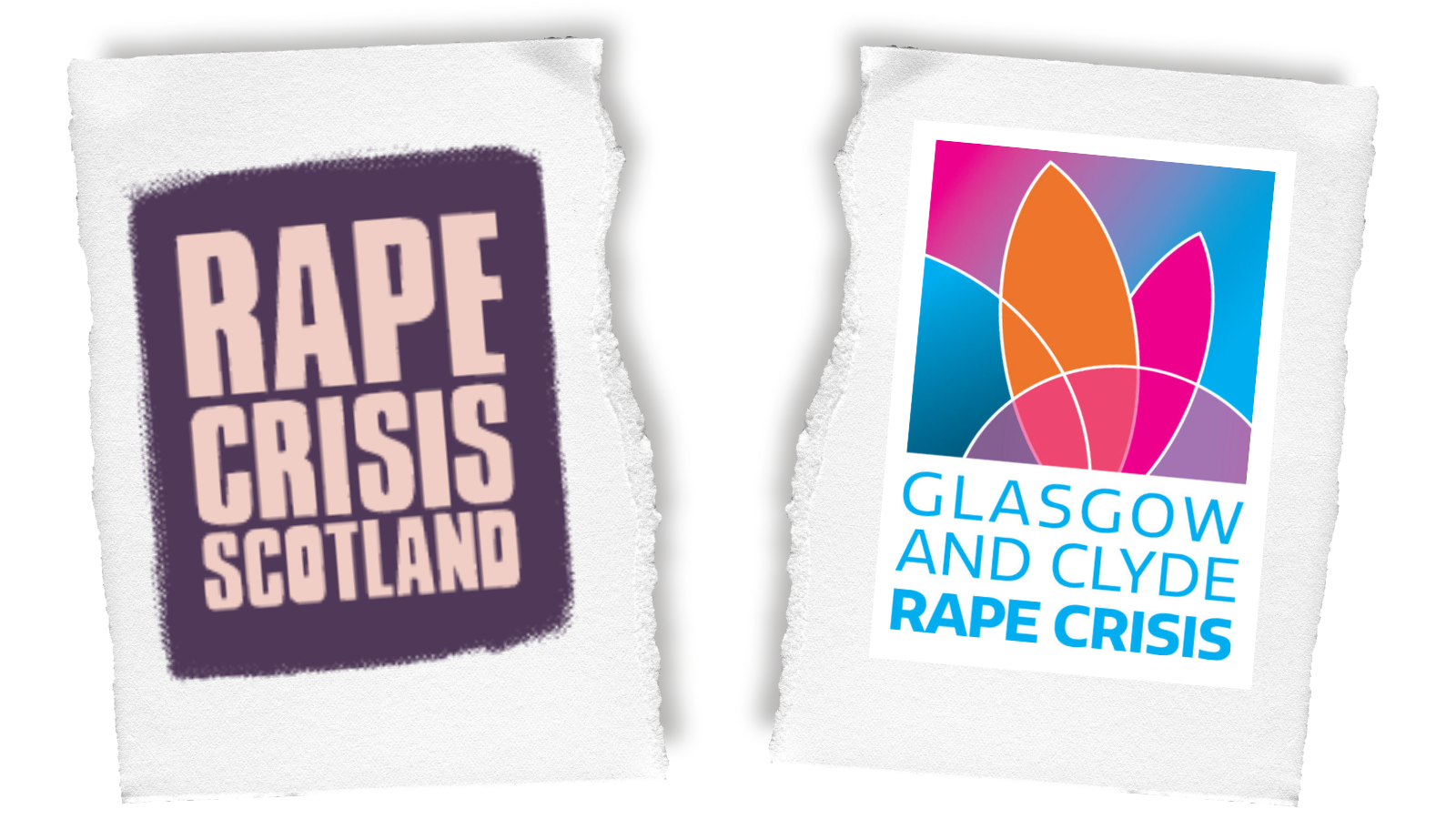This post is part of the Stand up for single-sex services campaign |
Glasgow and Clyde Rape Crisis has ended its relationship with Rape Crisis Scotland

Glasgow and Clyde Rape Crisis announced today that it is leaving the Rape Crisis Scotland network.
This is the latest event in a chain reaction that began with the judgment in Roz Adams’ employment tribunal, which said that Edinburgh Rape Crisis Centre (ERCC) had become gripped by “extreme gender identity belief” that left it ignoring the needs of service users. Rape Crisis Scotland then commissioned an independent review of ERCC, assessing it against Rape Crisis’s national service standards. That review was damning, and seems to have led, finally, to the departure of Edinburgh’s CEO, Mridul Wadhwa, a trans-identifying man who got the job despite the fact that it was advertised as requiring a woman.
Rape Crisis Scotland (RCS) seemed to be trying to distance itself from ERCC and the long list of shortcomings that the review exposed. But, as we pointed out in our analysis, the extreme gender-identity ideology that shaped ERCC’s poor service is promoted by RCS – as well as the Scottish Government and many mainstream civil-society organisations in Scotland. Nor did any of them raise objections to Wadhwa’s appointment.
The statement from Glasgow and Clyde Rape Crisis says:
“We engaged in dialogue with the leadership of RCS to address our concerns, and those of GCRC’s management team, regarding the direction and focus of the network under its stewardship.”
The fact that it got to the end of the road with this dialogue and decided to end the relationship suggests that, despite everything that has happened, nothing has changed at RCS.
One of the areas where single-sex services are most crucial is in services for survivors of rape and sexual abuse. Glasgow and Clyde’s statement lays out its principles in the clearest possible terms:
“We were created to provide support by and for women. We believe, and women have consistently told us, that single-sex services delivered by an all-female workforce are crucial to help them heal from sexual trauma. This approach remains our priority but is at odds with RCS.”
The question remains: a single-sex service is known to be the most effective, and this has always been confirmed both by practitioners and by service users, so why does RCS not recognise it?
